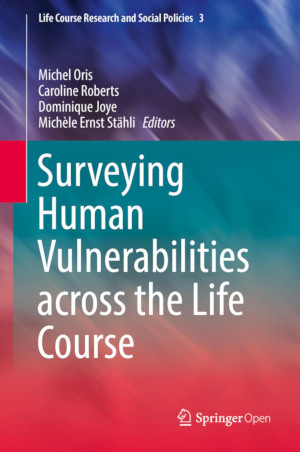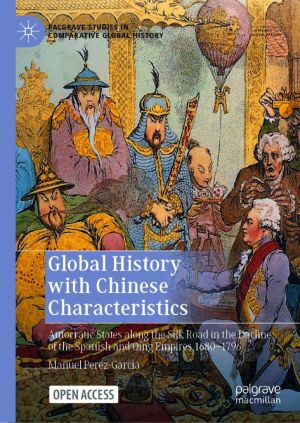Socio-Environmental Dynamics along the Historical Silk Road
by Liang Emlyn Yang, Hans-Rudolf Bork, Xiuqi Fang, Steffen Mischke
DescriptionDetailsHashtagsReport an issue 






Book Description
This book discusses socio-environmental interactions in the middle to late Holocene, covering specific areas along the ancient Silk Road regions. Over twenty chapters provide insight into this topic from various disciplinary angles and perspectives, ranging from archaeology, paleoclimatology, antiquity, historical geography, agriculture, carving art and literacy. The Silk Road is a modern concept for an ancient network of trade routes that for centuries facilitated and intensified processes of cultural interaction and goods exchange between West China, Central Asia, the Middle East, and the Mediterranean. Coherent patterns and synchronous events in history suggest possible links between social upheaval, resource utilization and climate or environment forces along the Silk Road and in a broader area. Post-graduates in studying will benefit from this work, as well as it will stimulate young researchers to further explore the role played by the environment in long-term socio-cultural changes.This open book is licensed under a Creative Commons License (CC BY). You can download Socio-Environmental Dynamics along the Historical Silk Road ebook for free in PDF format (22.8 MB).
Book Details
Title
Socio-Environmental Dynamics along the Historical Silk Road
Publisher
Springer
Published
2019
Pages
535
Edition
1
Language
English
ISBN13
9783030007270
ISBN10
3030007278
ISBN13 Digital
9783030007287
ISBN10 Digital
3030007286
PDF Size
22.8 MB
License

Related Books

This book details tools and procedures for data collections of hard-to-reach, hard-to-survey populations. Inside, readers will discover first-hand insights from experts who share their successes as well as their failures in their attempts to identify and measure human vulnerabilities across the life course. Coverage first provides an introduction o...

This open book examines perceptions and dialogues between China and Europe by analysing strategic geopolitical sites which fostered commerce, consumption and socioeconomic networks between China and Europe through a particular case study: Macau, connecting with South China, and Marseille in Mediterranean Europe from 1680 to 1800. How did foreign me...

This book offers a devastating look at deeply flawed development processes driven by international finance, African governments and the global consulting industry. It examines major river basin development underway in the semi-arid borderlands of Ethiopia, Kenya and South Sudan and its disastrous human rights consequences for a half-million indigen...

How does the brain orchestrate perceptions, thoughts, and actions from the activity of its neurons? Addressing these challenging issues requires methods with sufficiently high temporal and spatial resolution of neuronal activity in both local and global networks as well as theories to advance understanding how different levels of brain dynamics int...

This book visualizes mortality dynamics in the Lexis diagram. While the standard approach of plotting death rates is also covered, the focus in this book is on the depiction of rates of mortality improvement over age and time. This rather novel approach offers a more intuitive understanding of the underlying dynamics, enabling readers to better und...

In this bold and original study, Jeff Kochan constructively combines the sociology of scientific knowledge (SSK) with Martin Heidegger's early existential conception of science. Kochan shows convincingly that these apparently quite different approaches to science are, in fact, largely compatible, even mutually reinforcing.
By combining Heid...

